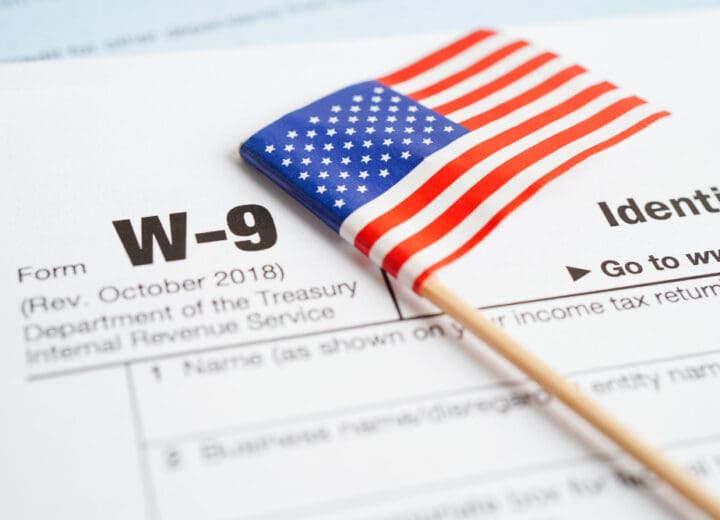Since 2018, the General Data Protection Regulation (GDPR) has become a cornerstone for data protection within the European Union, influencing businesses especially in ecommerce. Understanding GDPR is crucial for online shops to safeguard personal data effectively and maintain the trust of their customers.
The GDPR was introduced to harmonize data protection laws across the EU. It aims to protect personal information in the digital age. This regulation presents both challenges and opportunities for ecommerce, requiring an understanding of its key provisions and compliance requirements. Failing to adhere to GDPR can lead to substantial penalties.
Why GDPR was Introduced
The GDPR was introduced to create uniformity in data protection laws across the EU. Prior to it, each EU country had its own rules, causing complexity for businesses operating internationally. The GDPR offers a single framework for data protection, increasing trust in data handling.
Its primary goal is to protect personal data processing, enhancing citizens’ trust in how their data is managed. The GDPR allows EU businesses to operate more smoothly by following uniform data protection standards. In Germany, it complements the Federal Data Protection Act.
Key Provisions of the GDPR
Chapter 3 outlines rights of data subjects, including access to their stored data and ensuring its accuracy. They can also request data deletion under certain circumstances.
Chapter 4 mandates controllers ensure compliance when processing data through third-party processors. Data breaches must be reported within 72 hours to authorities.
Article 5 underscores the principles of data processing, emphasizing lawful, purpose-specific, and secure data management. These principles are vital for maintaining data integrity.
Significance of GDPR in Ecommerce
Ecommerce heavily relies on personal data like customer names, addresses, and payment details. This makes the GDPR highly relevant to online shops.
The regulation impacts ecommerce business models by dictating data collection and processing limits. Careless data handling incurs risks like legal issues and reputation damage.
Data must only be collected if necessary for transactions. For marketing, such as newsletter emails, consent is mandatory. Storing credit card information should only be done as long as needed for processing.
Requirements for Compliance
Ecommerce businesses need to follow GDPR by fulfilling various requirements, mostly derived from data subjects’ rights and controller obligations.
A privacy policy must be comprehensive, detailing data collection, processing, and subject rights clearly. It must be easily accessible on the website.
Consent is necessary for processing cookies, with a clear option to reject or adjust settings. Essential cookies aid website functionality but informed consent is required for others.
Technical and Organizational Measures
To protect data, online shops must implement technical security measures like encrypting data transmission using HTTPS. Secure data storage, such as encrypted databases, is also essential.
Data backups are mandatory to ensure data integrity and availability.
Consent for Advertising and Information Offers
Customer email addresses require consent for advertising purposes, following the double opt-in process as per GDPR Articles 7 and 8. Initial consent must be followed by a confirmation step.
This ensures customers agree to receive newsletters. The double opt-in prevents unauthorized use of data, aligning with GDPR’s transparency goals.
Data Processing Agreements
When external service providers are used, data processing agreements become essential to comply with GDPR. They ensure third-party compliance with the regulation.
Typically, service providers include payment processors and software solutions providers.
For instance, payment forms like Stripe Checkout can streamline secure, GDPR-compliant transactions without extra processing agreements.
Appointing Data Protection Officers
If certain conditions are met, appointing data protection officers is mandatory for monitoring GDPR compliance.
These officers serve as points of contact for authorities and data subjects, ensuring adherence to data protection regulations.
Penalties for Non-compliance
Non-compliance with GDPR can lead to significant fines, reaching up to €20 million or 4% of worldwide annual turnover.
Businesses must inform data subjects about data collection to avoid legal consequences. Transparency with users is crucial to meet GDPR standards.
Conclusion
Compliance with GDPR is essential for ecommerce businesses. It protects consumer trust and helps avoid legal and financial repercussions.
Adhering to GDPR standards ensures data is handled lawfully, enhancing the operational efficiency of online shops.
In summary, GDPR compliance is not just a regulatory requirement; it’s a business imperative. By understanding and implementing GDPR provisions, online retailers can protect their customers and enhance their reputations. This framework not only safeguards personal data but also allows businesses to operate more effectively within the EU market.





